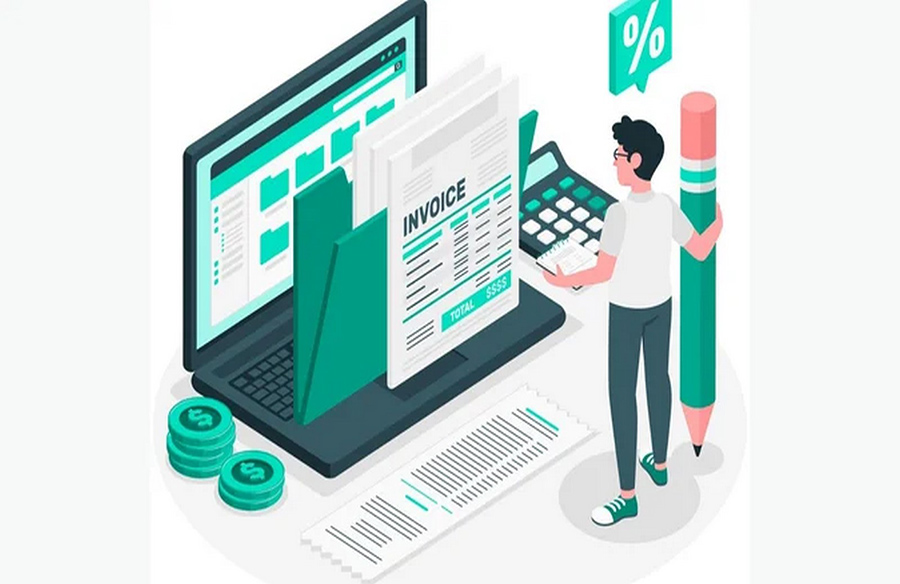The Goods and Services Tax Network (GSTN) has announced significant changes in the reporting requirements for businesses with an annual turnover exceeding INR 100 crore. Effective May 01, 2023, these businesses will be mandated to upload their electronic invoices on the Invoice Registration Portal (IRP). This development aims to streamline the invoicing process and enhance compliance within the GST framework.
Time Limit Imposed on Reporting Invoices
In an advisory addressed to taxpayers, GSTN highlighted the imposition of a time limit on reporting old invoices on the e-invoice IRP portals for businesses falling under the aforementioned turnover bracket. Previously, businesses were permitted to upload invoices on the IRP regardless of the date of issue. However, the new directive restricts the reporting of invoices older than 7 days from the date of reporting. Notably, this restriction applies solely to invoices, with no time constraints imposed on reporting debit/credit notes.
Key Considerations and Exemptions
It’s essential for businesses to adhere to the revised GST rules to ensure timely compliance and eligibility for input tax credit (ITC). Failure to report invoices within the stipulated timeframe may result in the forfeiture of ITC benefits, underscoring the importance of prompt invoicing and reporting.
However, it’s crucial to note that the new rules pertain exclusively to invoices and do not extend to debit or credit notes. As such, businesses retain flexibility in reporting debit/credit notes without facing any time constraints.
Operational Implications and Compliance Measures
The implementation of the new GST reporting rules necessitates adjustments in businesses’ invoicing practices and compliance protocols. Companies falling within the specified turnover bracket must realign their internal processes to ensure timely and accurate reporting of invoices on the IRP.
For instance, businesses must establish mechanisms to track invoice issuance dates and adhere to the prescribed reporting timelines. Additionally, leveraging automated invoicing solutions and integrating with the IRP can facilitate seamless compliance and minimize the risk of non-compliance penalties.
Role of GSTN in Tax Compliance
As the backbone of India’s GST regime, GSTN plays a pivotal role in facilitating tax compliance and streamlining administrative processes for taxpayers. By providing a centralized platform for invoice registration and tax filing, GSTN empowers businesses to fulfill their regulatory obligations efficiently.
Furthermore, GSTN’s initiatives aim to enhance transparency, minimize tax evasion, and promote a culture of compliance among taxpayers. Through continuous innovation and technological advancements, GSTN strives to optimize the GST ecosystem and foster economic growth.
In conclusion, the introduction of new GST reporting rules underscores the government’s commitment to enhancing tax compliance and transparency in India’s business landscape. Businesses must proactively adapt to these regulatory changes to ensure seamless compliance and unlock the full benefits of the GST framework.




Leave a Reply